Marriage & common-law relationships
Last reviewed March 2024 by the Clicklaw editors
Marriage is the legal joining of two individuals, where they commit exclusively to each other. The term “spouse” commonly refers to a person who is married, but when you live with someone in a common-law relationship, the law may recognize you as a spouse after a certain period of time.
Explore the links below to reliable online guides and tools and to organizations in BC. They have been chosen by librarians at Courthouse Libraries BC.
Selected resources
Click on a topic to see a list of resources.
|
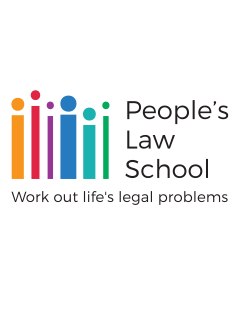
Dial-a-Law: Marriage Agreements and Cohabitation Agreements
People’s Law School
A marriage or cohabitation agreement can set out how couples will deal with issues that come up if their relationship ends, but also with issues during the relationship such as property and debts. This page talks about what an agreement covers and doesn’t cover, legal requirements, and how to change one.
Last reviewed March 2024
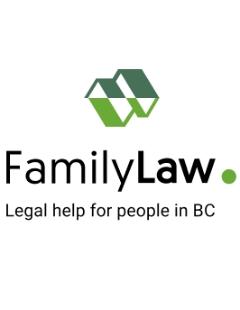
Agreements
Family Law in BC (Justice Education Society)
General information about making a separation agreement to cover how you’re going to deal with parenting, property, child and spousal support, and other family issues. Also discusses cohabitation or marriage agreements while you’re living together.
Last reviewed March 2024

Common-Law Couples
Family Law in BC (Justice Education Society)
Explains the rights and responsibilities of people in marriage-like (common-law) relationships when they’re together, if they separate, and if one of them dies with or without a will.
Last reviewed March 2024

Dial-a-Law: When Your Common-Law Spouse Dies
People’s Law School
Explains your rights, and what you’re entitled to, if your common-law spouse dies. It explains the different definitions of “spouse,” and describes what happens if your spouse left a will, or if they died without a will. It explains pension, survivor, and CPP benefits. It also explains custody and guardianship of children.
Last reviewed March 2024

Dial-a-Law: Changing Your Name
People’s Law School
You may want to change your legal name because you’re getting married, because you’re getting divorced, or just because you feel like it. Learn what’s involved in changing your name.
Last reviewed March 2024

Marriage (registration and certificates)
Vital Statistics Agency (Government of BC)
Provides information on marriage registration and certificates. Find out how to marry in British Columbia, order a marriage certificate, change a marriage record, and search for a marriage licence issuer or marriage commissioner.
Last reviewed March 2024
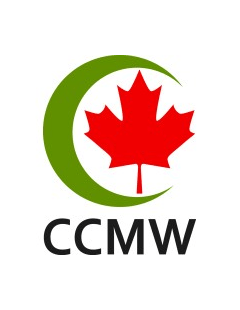
Muslim Marriage Contract Toolkit
Canadian Council of Muslim Women
Rooted in traditional Muslim laws, this toolkit helps Muslim women to develop a marriage contract. It includes a sample marriage certificate, a sample Muslim marriage contract and explanatory notes on what each clause means.
Last reviewed March 2024
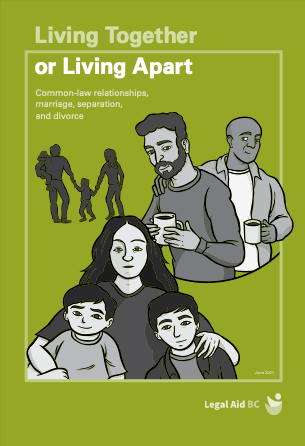
Living Together or Living Apart: Common-Law Relationships, Marriage, Separation, and Divorce
Legal Aid BC
Explains the basics of family law in BC. Includes information about why you might want an agreement for living together, and how to write one; what to do if you decide to separate or divorce; how to sort out money matters and work out parenting arrangements; and how the court process works.
Last reviewed March 2024
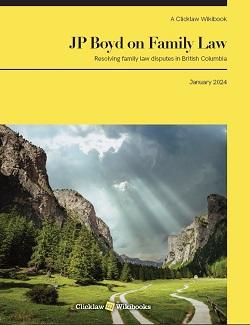
JP Boyd on Family Law: Family Law Agreements
John-Paul Boyd, KC
This chapter provides an overview of family law agreements and covers cohabitation agreements, marriage agreements, and separation agreements in more detail, with additional information about enforcing and changing agreements.
Last reviewed March 2024

JP Boyd on Family Law: Family Relationships
John-Paul Boyd, KC
This chapter provides an overview of the range of family relationships, and examines how the law impacts the people in these relationships. Also provides information about the claims a child’s caregivers and extended family members can make.
Last reviewed March 2024